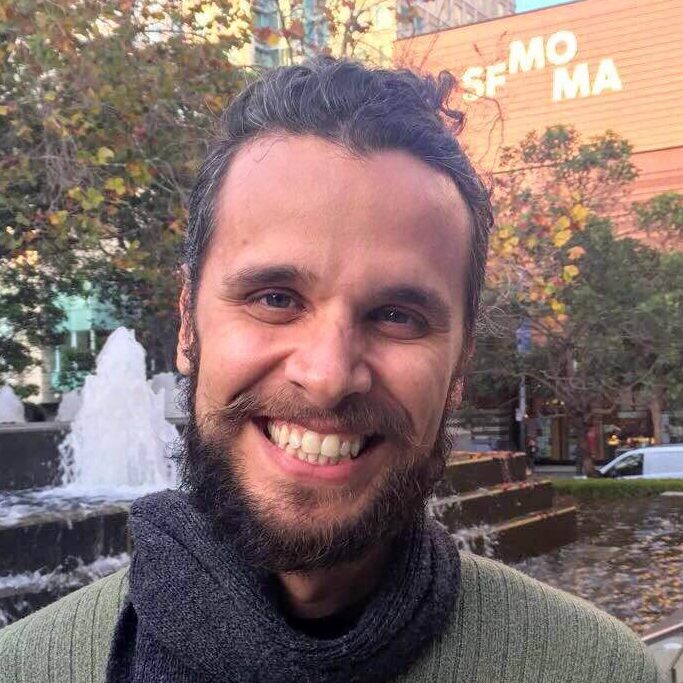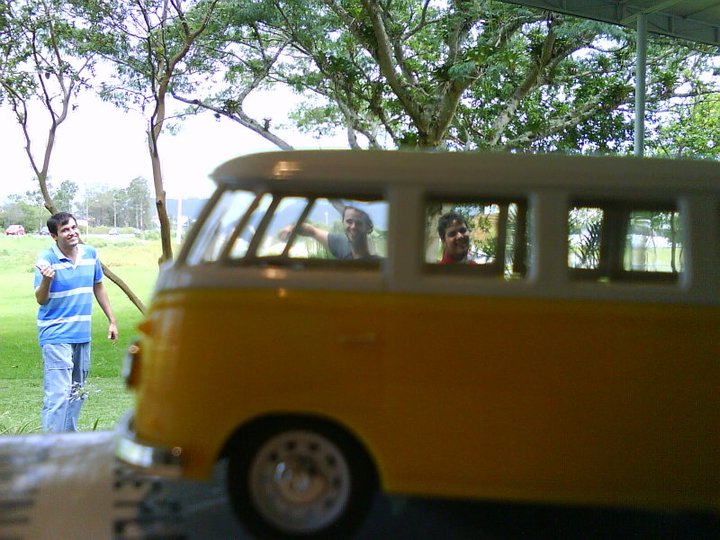
Air Fiesta Books Bragging Building in Public Cycling Food for thought Games Interviews Journal Lucid Dreaming Mental Health Movies Open Goals Poetry Productivity Quotes Ranting Smart Keys Sustainability Travel Youper
-
-
Scoutel: slept in the Amazon, woke up fluent in bug repellent

Boat from Manaus to Belém on the Amazon River in Brazil This is another one of those ideas that I’ll never actually pursue, but I enjoy dreaming about it.
A few years back I crashed at a scout headquarters carved out of Brazil’s Amazon. Concrete floor, hammock hooks, and a soundtrack of rain beating down like it had cash on the game. A couple of local scouts, barely taller than my backpack, offered me a plate of arroz e feijão and a crash course in tying a bowline one‑handed.
I went to bed with a mosquito net for walls and the smell of camp‑stove coffee in my hair. By sunrise I could rig a tarp faster than I could scroll Instagram, even without cell coverage. That overnight stay felt less like lodgings and more like a life cheat code.
That’s the magic I’m chasing with Scoutel. Scout halls as pop‑up hostels where travelers trade a few bucks and a chore for shelter plus a slice of practical wisdom. Learn a knot, patch a canoe, pick up “always leave it cleaner than you found it.” You leave stamped with low‑key bragging rights and maybe a tiny blister from the rope.
Scouts get fresh stories to tell around the next campfire and a hand tidying the gear closet. Travelers get a bed that comes with lore instead of laminated checkout rules. Everyone walks away a little more prepared for whatever wild shows up next.
It worked in the Amazon. It can work anywhere. Pack your sleeping bag and curiosity, let’s turn every scout hall into the world’s chillest hostel chain.
Who is in?

